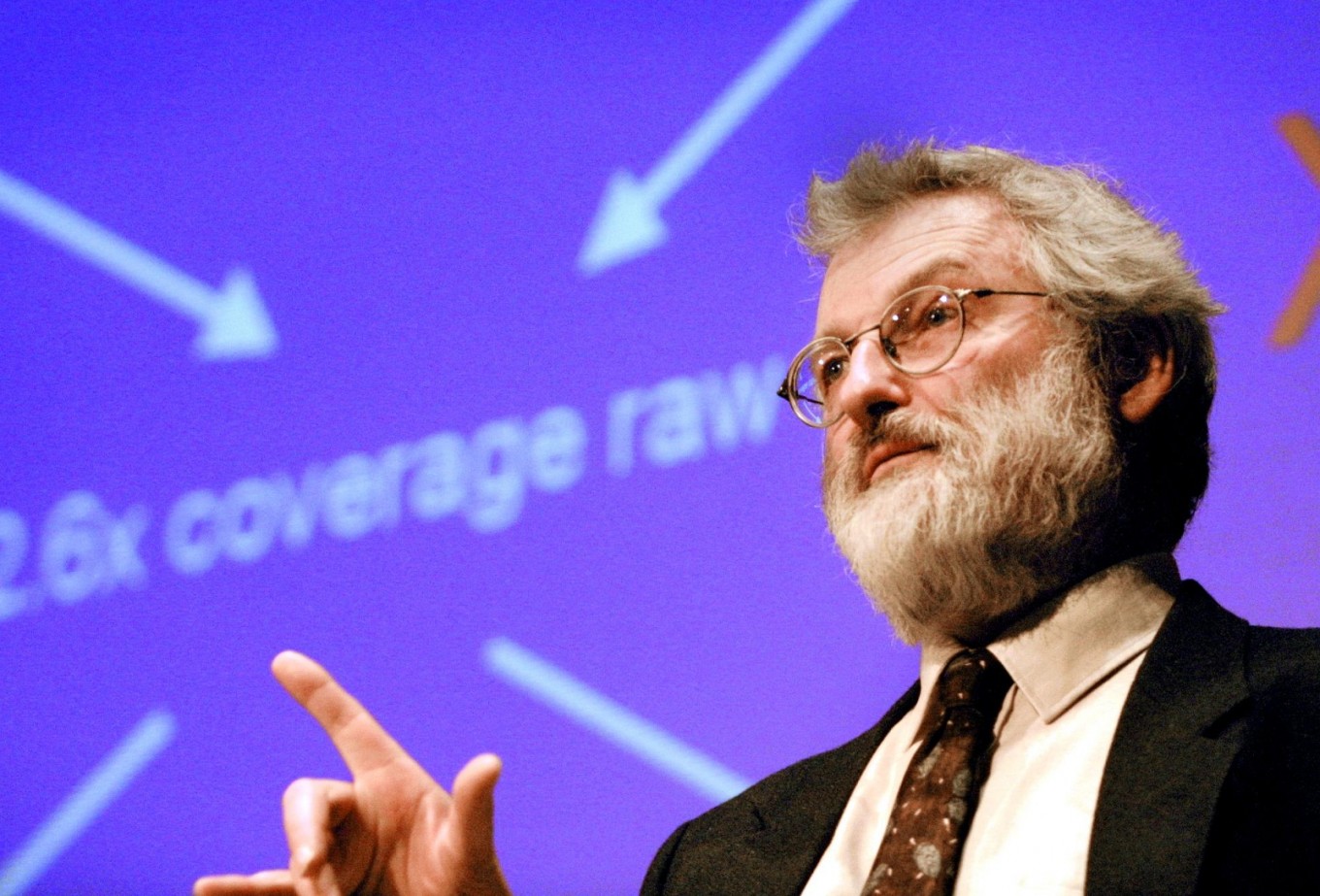Popular Reads
Top Results
Can't find what you're looking for?
View all search resultsPopular Reads
Top Results
Can't find what you're looking for?
View all search resultsBritish geneticist Sulston dies age 75: Institute
Change text size
Gift Premium Articles
to Anyone
N
obel prize-winning British scientist John Sulston, a leading figure in the race to decipher the human genome, has died at the age of 75, the institute he founded said Friday.
Mike Stratton, director of the Wellcome Sanger Institute, described the professor, who died on Tuesday, as a "great scientific visionary leader".
In 2002, he was jointly awarded the Nobel Prize for Medicine along with fellow Briton Sydney Brenner and H. Robert Horvitz of the United States for their gene research.
Using a lowly earthworm, Caenorhabditis elegans, they laid bare the mechanism by which genes regulate the programmed death of cells, a process vital to understanding cancer.
Read also: Foreign researchers ‘steal’ Indonesia's genetic resources
But Sulston was perhaps best known for leading Britain's contribution to the international project to map the human genome, and his insistence that the data be placed in the public domain.
"His dedication to free access to scientific information was the basis of the open access movement, and helped ensure that the reference human genome sequence was published openly for the benefit of all humanity," said Jeremy Farrar, director of Wellcome.
Sulston founded what was then the Sanger Centre, near Cambridge, in 1992 and was its director until 2000. It is now one of the leading centres for genome research in the world.











